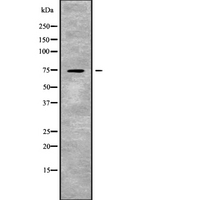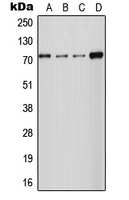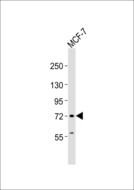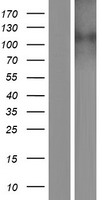order histories, retained contact details for faster checkout, review submissions, and special promotions.
Forgot password?
order histories, retained contact details for faster checkout, review submissions, and special promotions.
Locations
Orders Processing,
Shipping & Receiving,
Warehouse
2 Shaker Rd Suites
B001/B101
Shirley, MA 01464
Production Lab
Floor 6, Suite 620
20700 44th Avenue W
Lynnwood, WA 98036
Telephone Numbers
Tel: +1 (206) 374-1102
Fax: +1 (206) 577-4565
Contact Us
Additional Contact Details
order histories, retained contact details for faster checkout, review submissions, and special promotions.
Forgot password?
order histories, retained contact details for faster checkout, review submissions, and special promotions.
SLC24A2 / NCKX2
solute carrier family 24 (sodium/potassium/calcium exchanger), member 2
Critical component of the visual transduction cascade, controlling the calcium concentration of outer segments during light and darkness. Light causes a rapid lowering of cytosolic free calcium in the outer segment of both retinal rod and cone photoreceptors and the light-induced lowering of calcium is caused by extrusion via this protein which plays a key role in the process of light adaptation. Transports 1 Ca2+ and 1 K+ in exchange for 4 Na+.
| Gene Name: | solute carrier family 24 (sodium/potassium/calcium exchanger), member 2 |
| Family/Subfamily: | Transporter , Calcium:cation antiporter |
| Synonyms: | SLC24A2, NCKX2, Retinal cone Na-Ca+K exchanger |
| Target Sequences: | NM_020344 NP_065077.1 Q9UI40 |





If you do not find the reagent or information you require, please contact Customer.Support@LSBio.com to inquire about additional products in development.









